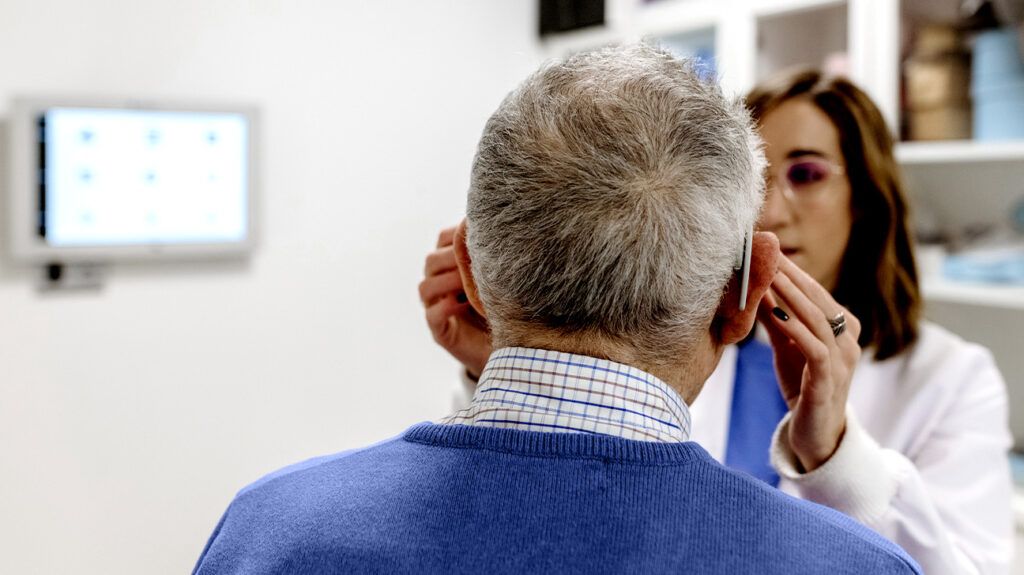Does Semaglutide Really Impact Vision? What the Latest Research Shows

Recent research shows that semaglutide, a popular GLP-1 medication, is not definitively linked to eye disorders like diabetic retinopathy or vision loss. Learn more about the latest findings and what they mean for patients.
Does Semaglutide Really Impact Vision? What the Latest Research Shows

Recent studies investigate the potential eye-related side effects of GLP-1 medications like semaglutide.
Overview
As GLP-1 receptor agonists such as semaglutide gain popularity for weight management and diabetes treatment, researchers are exploring their possible side effects—particularly concerning eye health. Reports have suggested a potential link to eye conditions like nonarteritic anterior ischemic optic neuropathy (NAION), diabetic retinopathy, and other optic nerve disorders. However, recent comprehensive studies provide a more nuanced picture.
Current Evidence
While some observational studies have indicated an association between GLP-1 drugs and eye issues, recent systematic reviews and meta-analyses reveal that semaglutide is not conclusively linked to an increased risk of diabetic retinopathy or other eye disorders. Notably, some studies observed a potential connection with NAION and papillitis, but researchers emphasize that current evidence is insufficient for definitive conclusions.
Expert Opinions
Experts highlight the rarity of conditions like NAION, noting that the absolute risk remains very low. Medical professionals advise that patients considering or using GLP-1 medications should undergo baseline and follow-up eye exams, especially if they are at high risk.
Conclusion
Overall, current research suggests that semaglutide does not significantly increase the risk of diabetic retinopathy or eye disorders. Nonetheless, ongoing studies are vital to fully understand the potential side effects and ensure patient safety.
Recommendations
- Talk to your healthcare provider before starting GLP-1 therapy.
- Schedule regular eye exams if on medication.
- Be reassured that the overall risk of serious eye complications remains low.
Researchers agree that continued investigation is essential to monitor the safety of these widely used medications.
For more information, consult your healthcare provider and stay updated with ongoing research.
Stay Updated with Mia's Feed
Get the latest health & wellness insights delivered straight to your inbox.
Related Articles
Routine Eye Exams Could Detect Early Signs of Alzheimer’s Disease
Emerging research suggests that routine eye exams, focusing on the retina, could potentially help detect early signs of Alzheimer’s disease, paving the way for earlier diagnosis and intervention.
The Impact of Stress on Sleep and Cognitive Function
Stress can impair sleep quality and memory performance by affecting specific neural pathways in the brain. Recent research highlights the role of the hypothalamic neural circuit in mediating these effects, opening avenues for targeted therapies.
New Insights into How Immune Cells Can Undermine Cancer Treatments
Innovative research reveals how immune cells produce FAS-L, causing self-destruction that hampers cancer immunotherapy efforts. New strategies aim to enhance treatment effectiveness.
Enhancing Cancer Treatment: Preventing DNA Damage in T Cells During PARP Inhibition Improves Therapeutic Outcomes
Innovative research reveals how preventing DNA damage in T cells during PARP inhibitor therapy can boost cancer treatment effectiveness. This breakthrough offers promising strategies to improve outcomes in ovarian and other cancers.



